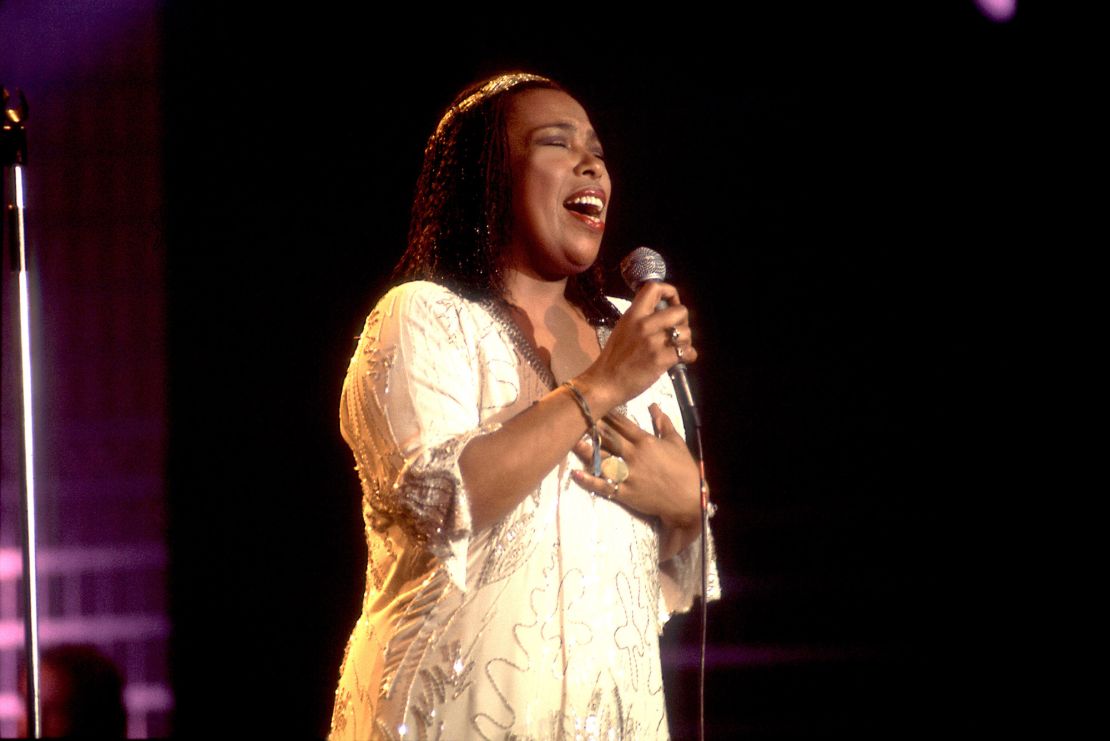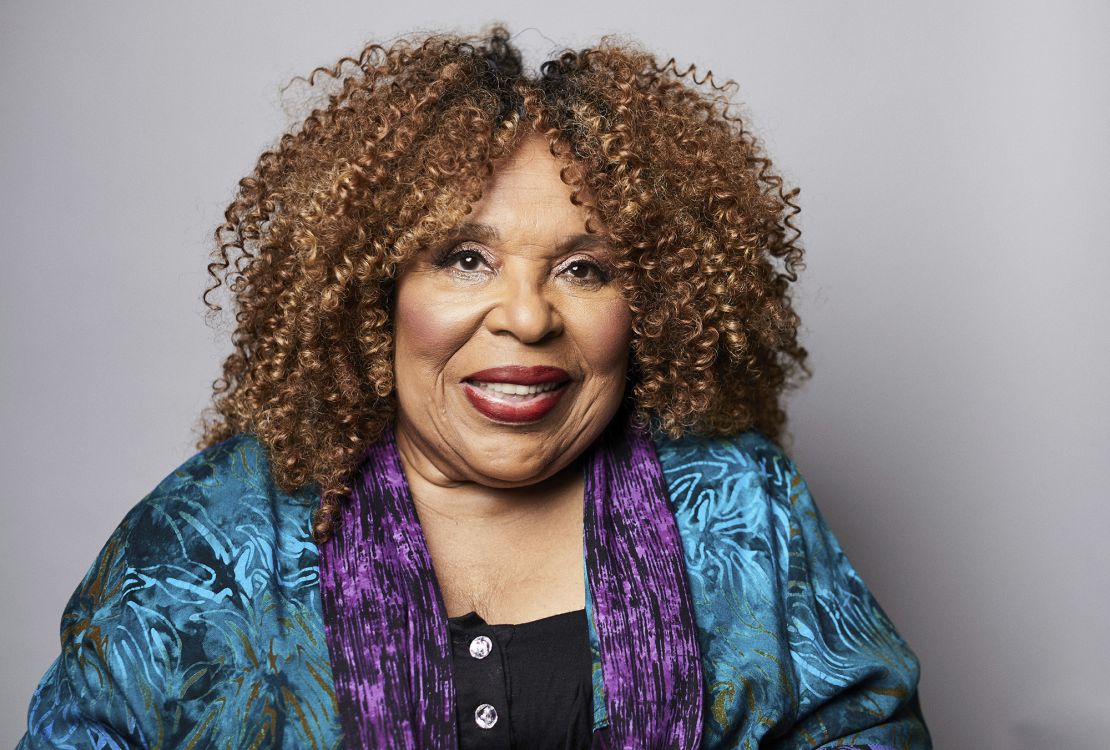Roberta Flack, the Grammy-winning soul singer best known for her celebrated interpretations of romantic ballads like “Killing Me Softly With His Song,” as well as her professional collaborations and social activism, has died, according to a statement from her publicist.
She was 88.
Flack died Monday at her home, surrounded by her family, Elaine Schock, her publicist, told CNN. Her death followed several years of health challenges, including a diagnosis, revealed publicly in late 2022, of amyotrophic lateral sclerosis, or ALS. The progressive condition, often referred to as Lou Gehrig’s disease, made it impossible for Flack to sing, her representatives said at the time.
Flack, however, had already long-cemented her legacy as one of the defining voices of her generation – both as an interpreter of others’ songs and a writer of her own – notching a slew of chart-topping hits and racking up accolades: Over her career, the classically trained daughter of a church organist secured 14 Grammy nominations and won five, including a lifetime achievement award in 2020 and back-to-back Record of the Year wins.
Questlove, drummer for The Roots, musical director for “The Tonight Show Starring Jimmy Fallon” and a filmmaker, paid tribute to Flack.
“Thank You Roberta Flack,” he captioned a throwback photo of the late artist. “Rest In Melody.”
Born in Black Mountain, North Carolina, and raised in Arlington, Virginia, Flack received classical music training throughout her childhood, starting piano lessons at age 9. By 15, she’d earned a scholarship to Howard University, where she graduated in 1958 with a bachelor’s degree in music education.
Flack taught music for a time and wanted to pursue classical music – but found the genre in the 1960s disinclined to welcome her.
“One of the hassles of being a Black female musician is that people are always backing you into a corner and telling you to sing soul,” she once told TIME. “I’m a serious artist. I feel a kinship with people like Arthur Rubinstein and Glenn Gould. If I can’t play (20th-century orchestral composer Bela) Bartok when I want to play Bartok, then nothing else matters.”
A voice teacher encouraged Flack to pursue pop music instead, and she spent nights and weekends performing in clubs in Washington, DC, before her big break one night at Mr. Henry’s, where she was discovered by jazz musician Les McCann. He helped land her an audition with Atlantic Records for which, the story goes, she played more than 40 songs over three hours.“I was so anxious and so happy, and I still am,” she told Philadelphia Weekly decades later, “but it was all a brand-new experience, and I probably sang too many songs.”
Her debut record, “First Take,” followed soon after, in 1969. It included her version of “The First Time Ever I Saw Your Face,” which was written by folk singer Ewan MacColl and helped catapult Flack to superstardom after Clint Eastwood used the recording for his 1971 film, “Play Misty for Me.” The following year, it shot to the top of the Billboard Hot 100, where it spent six weeks at No. 1, and won Record of the Year at the 1973 Grammy Awards.
By that time, Flack was already well-established, having released her sophomore follow-up, “Chapter Two,” as well as the album “Quiet Fire” and a record with Donny Hathaway, who became a close collaborator before his death in 1979. Together they won another 1973 Grammy for their duet, “Where Is the Love.”

1973 also saw Flack release her record, “Killing Me Softly,” with the titular track, “Killing Me Softly with His Song” – another smash hit that spent five weeks at the top of the Billboard chart. It would net her another two Grammy awards in 1974, for Record of the Year and Best Pop Vocal Performance by a female artist.
Across her career, Flack also interpreted a wide variety of artists, including Leonard Cohen and The Beatles, and by her fifth solo album, “Feel Like Makin’ Love,” she’d taken over as producer – a role typically filled by men in a male-dominated industry – crediting herself as Rubina Flake, her self-styled alter ego.
While her most recognizable songs might have been love songs, Flack never avoided complex issues: She tackled racial injustice on tracks like “Tryin’ Times,” social and economic inequality on “Compared to What” and nodded to the challenges faced by the LGBTQ community in her version of “Ballad of the Sad Young Men.” The Rev. Jesse Jackson once referred to Flack as “socially relevant and politically unafraid,” according to her website, though as an older adult, she lamented that many of the problems she’d confronted as a musician still festered.
“I’m deeply saddened that many of the songs I recorded 50 years ago about civil rights, equal rights, poverty, hunger and suffering in our society are still relevant in 2020,” she told AARP in 2020, acknowledging connections in her music to “the growing economic disparities, to Black Lives Matter, to police brutality, to activism versus apathy, and the need for each of us to see it and address it.”

That legacy has persisted through the decades, as Flack influenced younger artists like Lauryn Hill and the Fugees – who released their own celebrated version of “Killing Me Softly” in 1996 – along with Lizzo, Lady Gaga and Ariana Grande.
Whether in protest, romance or the classics, whatever theme Flack approached, “every single song I’ve recorded expressed something deep and personal to me,” she told NPR music journalist Ann Powers in 2020. “Each was my singular focus whether in the studio or on the stage.”






